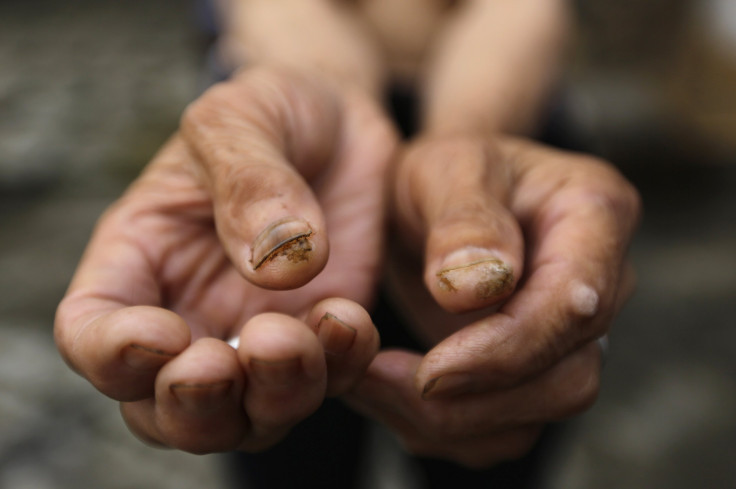Unique skin cancer discovery: Natural food additive compound bixin protects skin from inside out, unlike sunscreens

A nutritional compound may provide protection against skin cancer from inside out, unlike sunscreens. A recently published study in Free Radical Biology and Medicine has revealed that researchers at the University Of Arizona College Of Pharmacy have come across a compound, bixin, in natural food additive annatto, which prevents cancer cell formation and skin damage from UV radiation in mice.
Moreover, UK’s NHS has approved a new drug to treat advanced skin cancer cases. Researchers have confirmed that patients taking the drug Nivolumab, also known as Opdivo, survive much longer than when on traditional chemotherapy. The one-year survival rate for Nivolumab was 73 percent whereas that of chemotherapy was only 42 percent.
In the new study, Georg Wondrak, PhD, associate professor, and Donna Zhang, PhD, professor, both members of the University of Arizona Cancer Center believe that in future, bixin can be valuable in preventing and treating human skin cancer.
The researchers injected mice with bixin and exposed them to UV radiation. Similarly, un-injected mice were also exposed. It was seen that mice injected with bixin experienced much less severe skin damage caused by the radiation.
Bixin is bright reddish orange in colour and is found in annatto, which is a natural condiment and food colouring substance. Annatto is derived from the achiote fruit seeds. Annatto has been a very common latin American ingredient for cooking since pre-Columbian era. Annatto is also known as achiote.
As per Dr. Wondrak, this discovery is unique as bixin is not like a sunscreen applied to the skin but a nutritional factor. It prevents sun damage by inducing cells to produce protective antioxidants and repair factors.
Moreover, the compound bixin does not kill skin cancer cells but prevents them from forming altogether. The research is truly compelling as it deals with a commonly consumed food substance.
According to EurekAlert, there is another important point that is good news. As bixin is a safe food additive and approved by the Food and Drug Administration, it would require fewer testing to apply on humans. It would be highly interesting to see whether the compound prevents UV skin damage and skin cancer in humans.





















